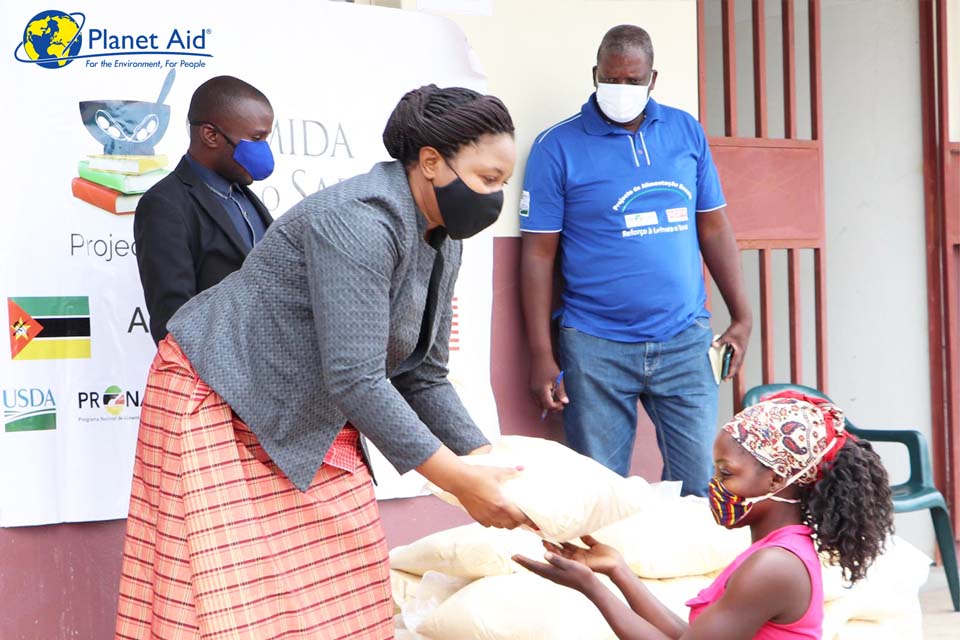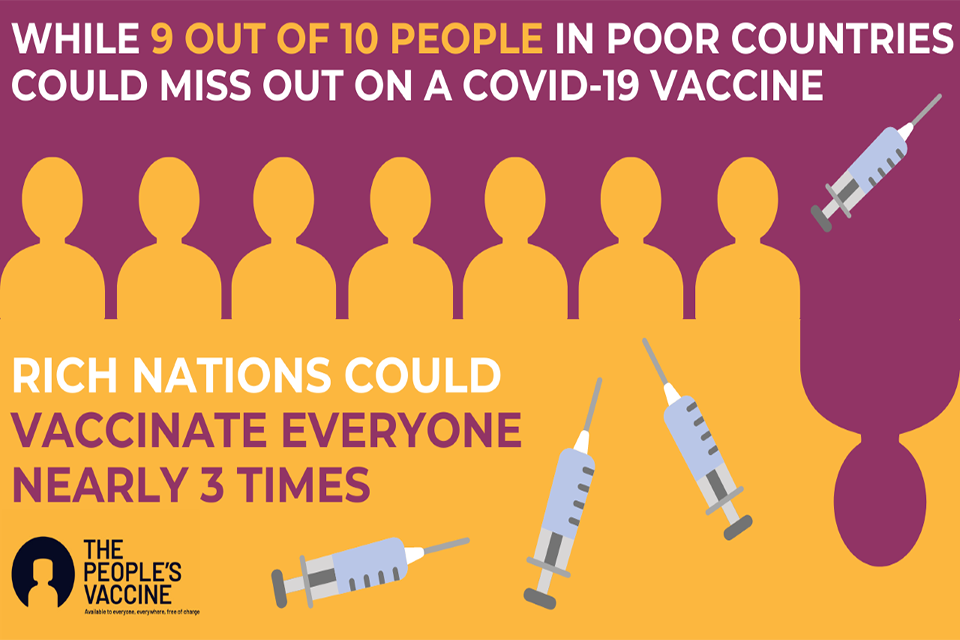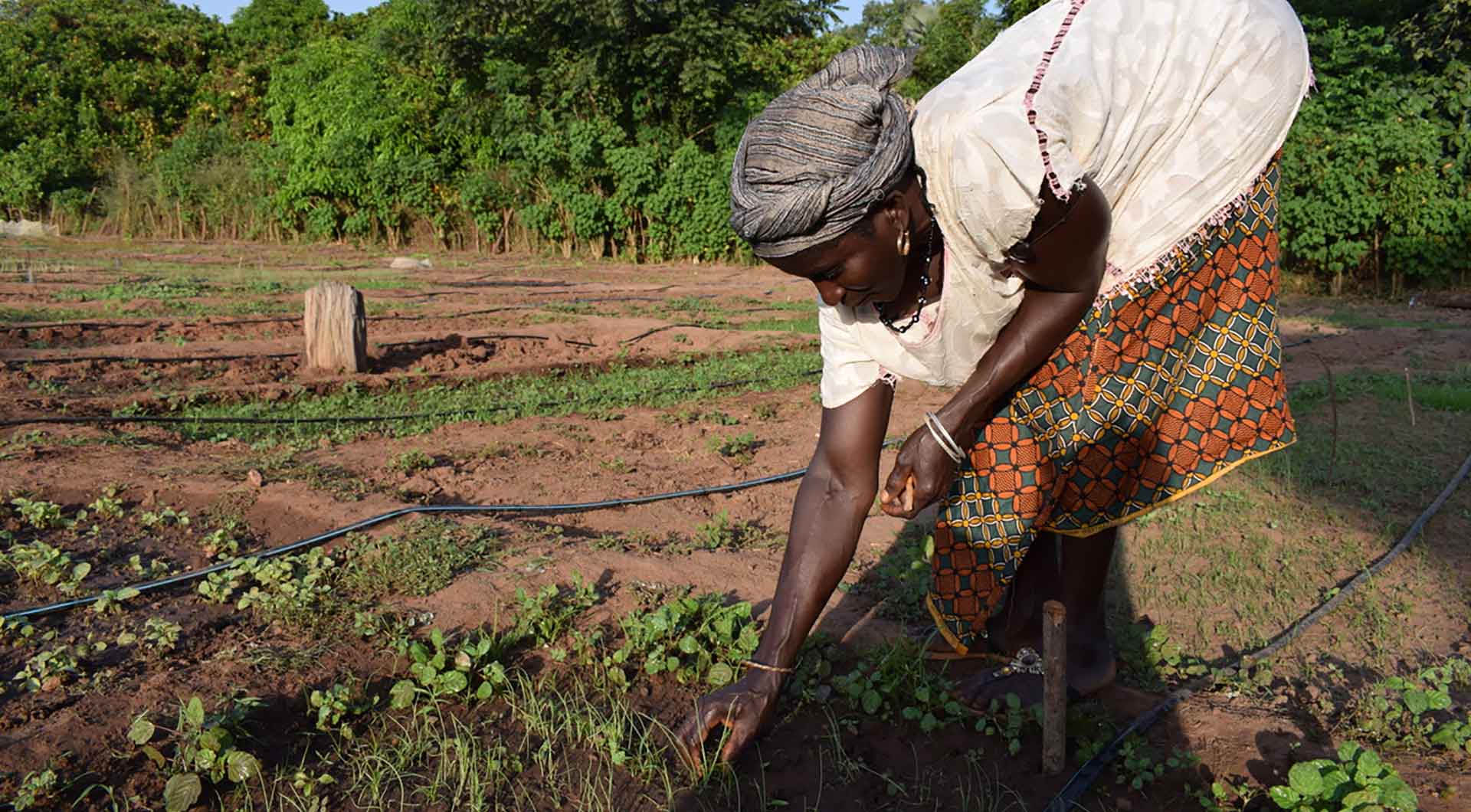
Helping small farmers in Namibia fight drought
The Kavango population in Namibia is on the brink of a climate emergency, having faced ongoing drought for three years. Efforts have been redoubled to support families with crop provision for food and improved diets.
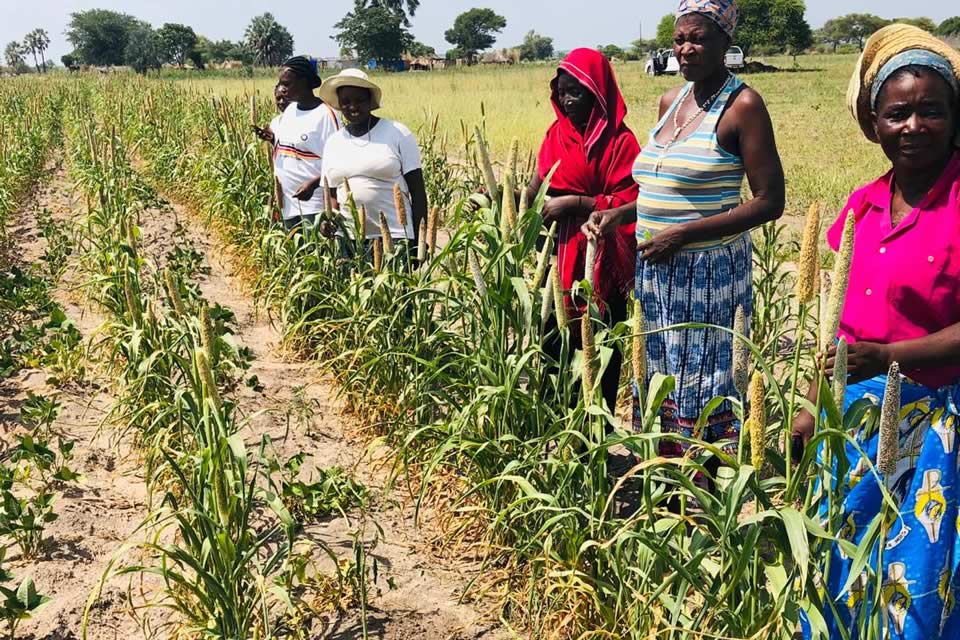
DAPP Namibia is a local member of Humana People to People and since 2015 has been training small farmers in conservation agriculture methods for efficient use of scarce water resources. Once completely barren land areas are now green, owing to the use of solar-powered water pumps.
However, this is not enough. It is time to fight alongside families in Kavango by making a donation for training in conservation agriculture methods, purchasing seeds, and maintaining and purchasing water pumps to transform arid areas into agricultural fields.
Please contribute to this campaign and help those affected by the drought. Let’s make a difference in this climate emergency.
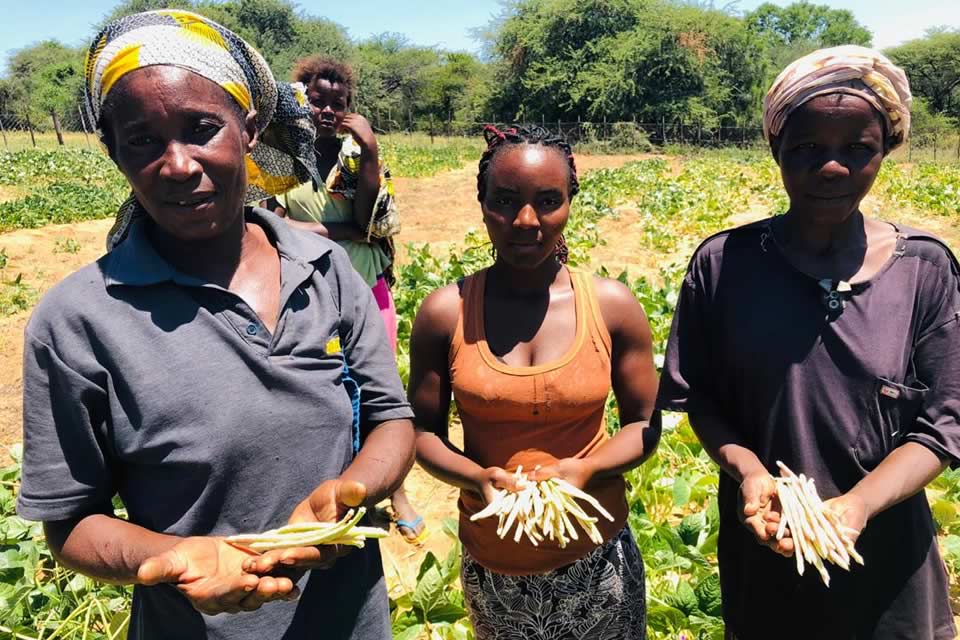
Effects of global warming in Namibia
Namibia is experiencing the effects of global warming as part of the wider climate change agenda. The country’s climate has been consistently dry with variable rains and drought since 2013. Recently, a national emergency was declared in Namibia after 27 months of no rains, leaving a quarter of the population in a state of food insecurity.
The situation is critical, given that the population is dependent on rainfall for their crops. Every season without rain equates to about six months’ lack of provision of basic foods. Given this, small farmers and their families with little income are left without resources to adapt accordingly. According to the World Food Program and UNICEF, 24% of children under 5 are stunted in growth, partly reflecting the seriousness of the situation caused by loss of basic crops in recent years, coupled by lack of nutritious food.
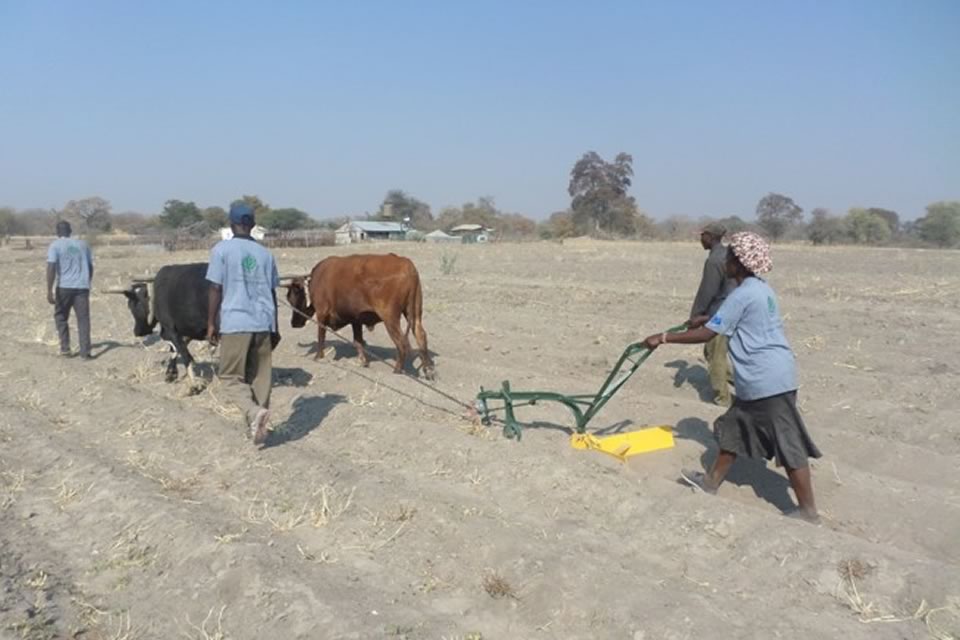
Strengthening resilience to climate change
In 2015, DAPP Namibia initiated a project co-financed by the European Union to strengthen drought resilience using the Farmers’ Clubs model of the Federation Humana People to People. The project has since trained 700 women farmers in conservation agriculture techniques, focusing on increasing substrate yield and improving water use efficiency. Participating communities created a community garden, equipped with solar-powered water pumps, guaranteeing provision of water for crops.
It has been difficult to harvest corn and grain despite adopting more efficient cultivation techniques. Community gardens have thus been essential for families who have saved money to buy vegetables which they grow on their own. Under normal conditions, they can obtain a surplus which they can sell to generate income.
Working collaboratively has increased the sense of community spirit. For example, if a woman cannot go to the garden to work, her companions take care of her plot or sell her products on her behalf if a good harvest yields. This social support represents a vital element in the face of harsh conditions confronting the community.
At the end of the project period co-financed by the European Union in August 2019, 20 Farmers’ Clubs had installed water pumps powered by solar energy in their common gardens, allowing for better crops with an abundance of vegetables. Once the rains arrive, they receive a surplus with sales allowing them to earn between 20 and 35 Euros per month. This income is used to educate the children, purchase goats or chickens, meet expenses such as doctors, or purchase cereals to complement family nutrition.
